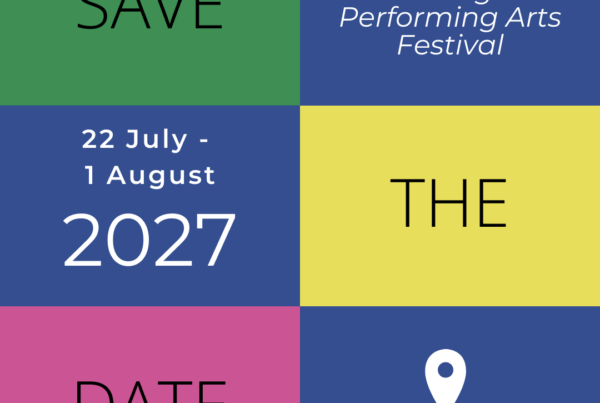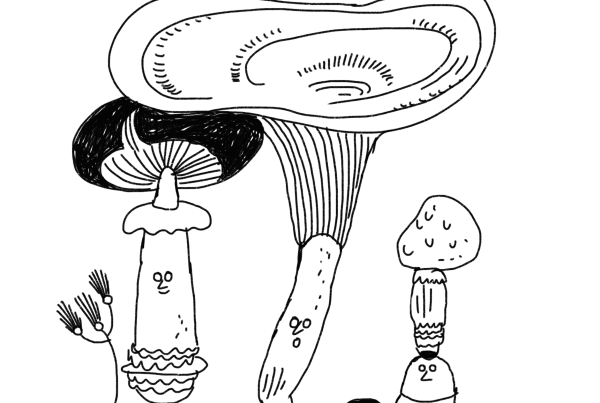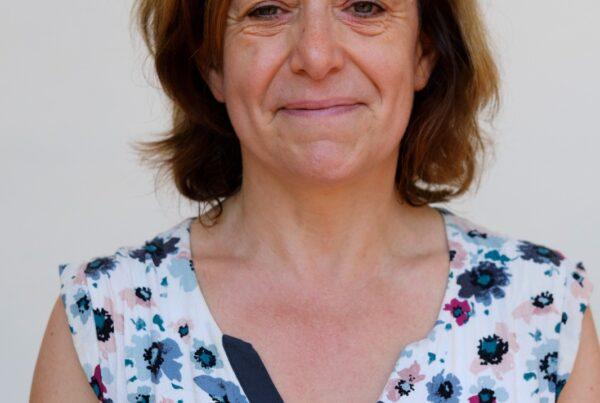Theatre cannot stop wars. But theatre can present starting points for change. In our work and in our community, curiosity and enquiry are so important – the open hand, mind and heart, being a seeker not a ‘knower’. This meeting at ricca ricca demonstrated that each starting point for change is individual and contextual. Each sense of what is vital to address and each method, different. There is no collective “right way’ of doing things – there cannot be. Our members are facing every imaginable challenge in their different contexts and when we have the chance to connect, we witness the flexibility, invention and divergent approaches that are part of each person’s method in creative process.
In July I had the honour of attending the ricca ricca festa* in Okinawa, Japan, to be one of several speakers at a Peacebuilding Meeting organised as a commemoration of 80 years since the end of World War II. Ricca ricca has always had a focus on the impact of TYA – theatre as medicine, theatre’s role in peace. It is a focus that stems from the history of Okinawa – an island that has suffered conflict and occupation over hundreds of generations – and a focus that acknowledges first and foremost, the impact of conflict on children. From the program we read: Nuchigusui is the source of energy that supports the ‘golden saying’ in Okinawa Nuchi de takara – a motto that teaches however great the hardship is, we must live.
In this recent festival the motto was ricca ricca is Nuchigusui and indeed, the action of making a festival, making performance, bringing people together, is an action of optimism and trust.
The meeting participants, from Singapore, Australia, Japan and Norway, spoke of works of performance that allow powerless children to identify abuse; of projects that empower and connect and give voice to marginalised people; of the need to advocate for culture and the arts to be valued for its intrinsic as well as social and economic benefit; of the need for participation and access; and of great works of theatre that were created in wartime, because of wartime. The idea of Peace was discussed in many different ways: What are the threats to peace? What do we imagine peace to be? Internal or external? How do children define peace? Can peace be negative or positive – peace for the sake of peace (peace and quiet, no disruptions)? Or peace that is inclusive of people’s rights and requires truth-telling, respect and humility? Where there is suppression and lack of free expression, can we define that as a lack of peace? Where there is inequality, we can predict conflict.
Theatre cannot stop wars. But theatre can present starting points for change. In our work and in our community, curiosity and enquiry are so important – the open hand, mind and heart, being a seeker not a ‘knower’. This meeting at ricca ricca demonstrated that each starting point for change is individual and contextual. Each sense of what is vital to address and each method, different. There is no collective “right way’ of doing things – there cannot be. Our members are facing every imaginable challenge in their different contexts and when we have the chance to connect, we witness the flexibility, invention and divergent approaches that are part of each person’s method in creative process.
The ASSITEJ project ‘Creating Cultural Equity’ is the shape of our work from 2025 – 2028. By looking at inequality in our community, and taking the steps to create equity, we can continue to build our association in ways that respect and learn from the vast diversity of the global experience. Only by sharing our approaches, practice, ways and means, can we learn and be supported by our association with others. And only by recognition of children and young people as cultural citizens can we authentically include them in the discussion of what concerns them so nearly.
Through specific projects such as World Day Of Theatre campaign –creating access to theatre and performance for all children and young people; Impact of crisis and the role of culture – responding to global need by creating a data base of trauma-informed practice, resources and training and; Inclusive pathways to participation – embedding children and young people in the understanding and practical action of ASSITEJ aims and mission – we are taking active steps.
ASSITEJ International‘s purpose is unity through our cultural practice in a troubled world. Even though we are all vitally, extraordinarily different in our approaches, beliefs and convictions, we all work for the same goal – that children and young people everywhere can participate in the most inspiring, resonant and relevant art made for and with them.







